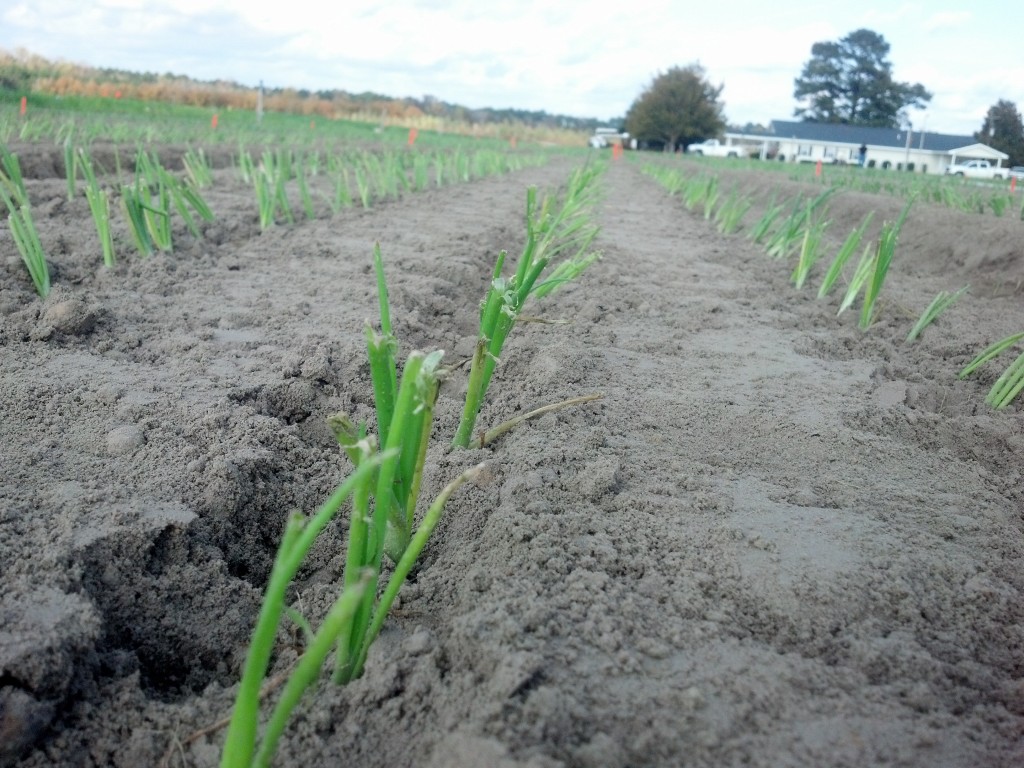I have received some calls lately about the presence of snails in some pecan orchards. Here is an article by Dr. Lenny Wells speaking on what is to be done.
In recent days, we have heard several reports of snails associated with young irrigated pecan trees. They have been seen congregating on tree trunks and on the foliage. Some have reported seeing snails in and around irrigation emitters. Normally, snails are not considered pests in pecan orchards, but rain can encourage their activity. The moist and wet conditions in irrigated orchards (especially during hot weather conditions) can be attractive to snails. Even in fertigated orchards, these snails still seem to thrive.



The snails found on pecan trees appears to be Bulimulus sporadicus, a non-native species which has also been reported to be established in FL, AL and MS. It is unclear if they can feed on living plant tissues but based on anecdotal observations and reports, they are associated with decaying vegetation.
Given the generally less common occurrence of snails in pecan orchards, the options for their management is limited. Below are some potential management strategies that growers can use to address the issue:
1) Physical Removal: Under low infestation levels, removing snails by hand is a feasible option. This has to be done regularly whenever aggregations are found. You can place them in a plastic bag, seal and dispose. You can also put them in soapy water to kill them and dispose accordingly.
2) Barrier Trap: Copper foil barrier band may be applicable for bigger trees. It should be carefully done to avoid girdling the tree. Copper tapes may be used for smaller trees that are vulnerable to snail infestation.
3) Beer-baited traps are another option to passively trap for snails. They need to be serviced regularly as other organisms attracted to fermented products can be captured in them. It can be labor-intensive and may not be practical for bigger affected areas.
4) Baits: There are snail and slug baits available that could be used. These normally contain iron phosphate and metaldehyde. Iron phosphate, an organic active ingredient, causes the snails to stop feeding therefore indirectly killing them while metaldehyde (non-organic) causes the snails to die within a day after ingestion/contact. Metaldehyde can be poisonous to dogs and cats.
Important Note: Please read the labels and follow them accordingly. Although these products are labelled for tree crops such as citrus, apples and peaches, it is NOT specifically labelled for pecans. Some of them do include usage in surrounding agricultural areas including: fallow land, barrier strips and buffer zones around agricultural crop areas.
During extended dry and hot weather conditions, snail populations will naturally die off. Therefore, growers need to assess accordingly if control measures (which can be costly and/or labor-intensive) are needed for these snails that appear to be non-damaging to pecan trees.
